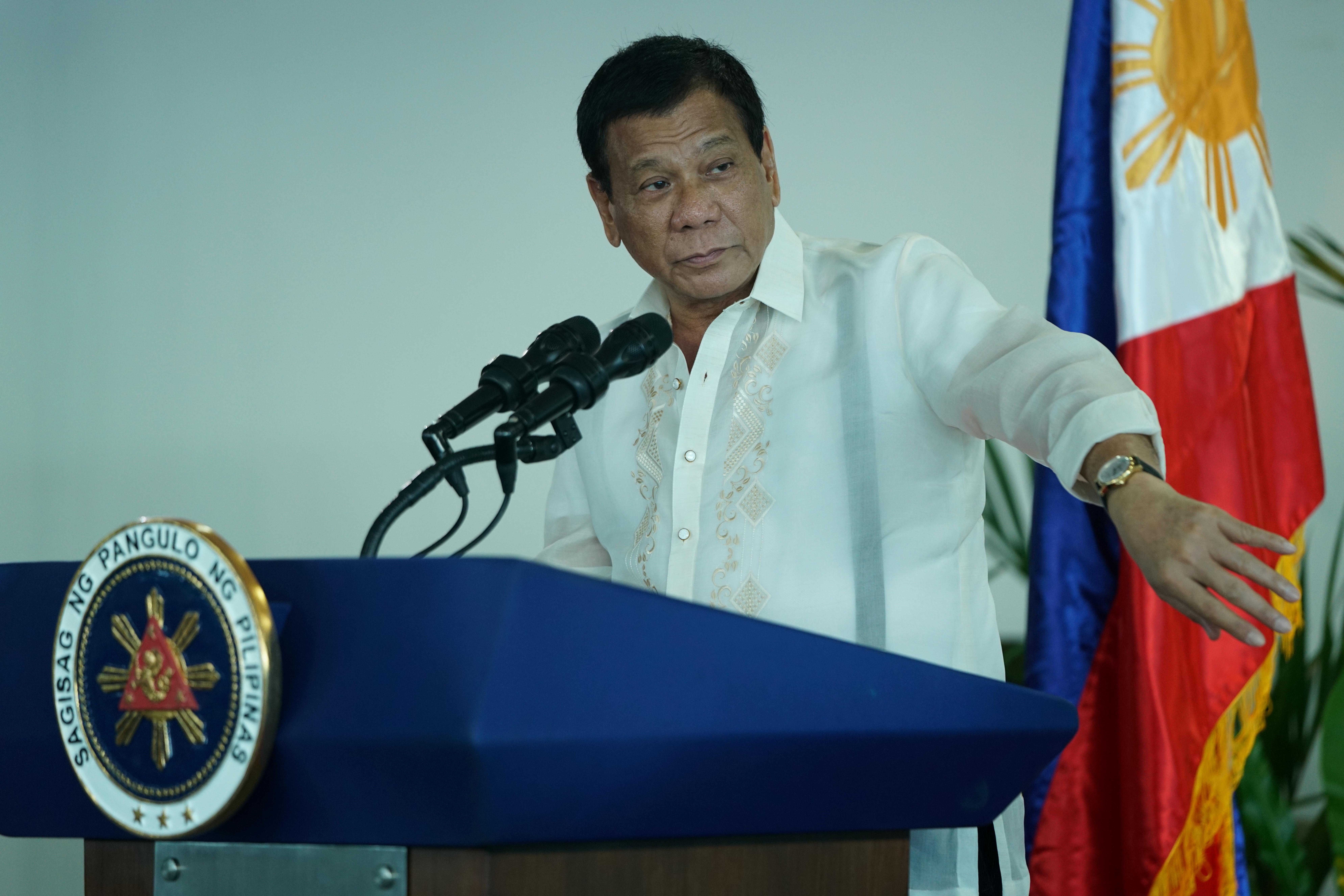
Unadulterated propaganda is being mass produced.

Vice President Duterte, who is secretary of education, announced that she intended to make Reserve Officers’ Training Corps (ROTC) a requirement, rehabilitating a Marcos-era policy that only ended in 2002, and which was long associated with brutal hazings and indoctrination. Mandatory military training is being brought back. Among the authors listed is poet and National Artist for Literature Bien Lumbera. The anti-Terrorist law is being used to ban a growing list of books, which are deemed “subversive” from libraries, schools and universities. The Presidential Museum and Library, which contains valuable documents on the Marcos dictatorship, has been taken offline. The revocation is currently under appeal.įundamental to these authoritarian maneuvers is the rewriting of the past and the rehabilitation of the martial law regime. On June 29, the Security and Exchange Commission ordered the revocation of the certificates of Rappler, one of the country’s leading news publications critical of the Duterte and Marcos administrations. International publications, including Monthly Review and Counterpunch, which had in the past published material favorable to the CPP have been banned as well. Bundled up with the CPP in the ban were websites of legal political organizations, including BAYAN, and alternative news sites, such as Bulatlat and Pinoy Weekly.

The banned websites include those associated with the Stalinist Communist Party of the Philippines, as well as the personal page of CPP founder and ideological leader, Jose Maria Sison. On June 8, the National Telecommunication Commission ordered 27 websites blocked at the “request” of the National Security Council which cited the reactionary Anti-Terror Law passed under the Rodrigo Duterte administration. Marcos Jr is shutting down the opposition media and banning alternative sources of news and political perspective. When Marcos Sr imposed martial law, he shut down all news, television, and radio broadcasts that he did not directly control, and only allowed them to reopen when they acquiesced to his dictatorship.

The Marcos Sr dictatorship routinely employed secret witnesses in its military courts to label political opponents “Communists,” and this practice is being brought back. The sixteen are charged on the basis of testimony provided by two anonymous witnesses, who the government claims are defecting members of the CPP’s New People’s Army (NPA). Sixteen priests, nuns, and lay persons, all members of the Catholic church organization, Rural Missionaries of the Philippines, were indicted on August 15 on charges of funding the Communist Party of the Philippines (CPP), which is classified as a terrorist organization, and have been denied bail.
#Martial law president free#
The arrest of Bello is a direct attack on the right to free speech and an indication that the Marcos II government is preparing to crack down on all forms of dissent. He has filed an appeal with the Department of Justice on the entirely justified grounds that the libel complaint constituted “political persecution.”

#Martial law president trial#
Bello was dragged through the humiliating process of arrest and had his mugshot taken-barefoot-at a local police station before being released on bail a day later.īello is scheduled to be arraigned before the Regional Trial Court in Davao City in September. When Duterte was elected vice president, her close aide filed libel charges against Bello for his campaign statements. He promotes reformist politics as if it were a type of socialism.īello famously called vice presidential candidate Sara Duterte, daughter of the previous president Rodrigo Duterte, a “coward” for her refusal to engage in public debates during the election campaign. Bello is a former congressman with a prominent international reputation as a figure of the left and an opponent of globalization. On August 8, Walden Bello, chair of the political party Laban ng Masa, who ran for vice president in the May elections, was arrested and charged with cyber-libel. The months since the election of Marcos Jr have been marked by the incremental tightening of the authoritarian rule.
#Martial law president full#
Citing his father’s example, Marcos Jr vowed he would “get it done.”ĭuring the socially explosive years of 1970–72, Ferdinand Marcos Sr methodically deployed, tested, and prepared the legal apparatus of state repression prior to the full imposition of military rule in September 1972. In his inaugural address, delivered on June 30, Marcos pledged that his presidency would be like that of his father, the country’s brutal and corrupt dictator who ruled a martial law regime for a decade and a half. Ferdinand Marcos Jr was elected president of the Philippines in May.


 0 kommentar(er)
0 kommentar(er)
